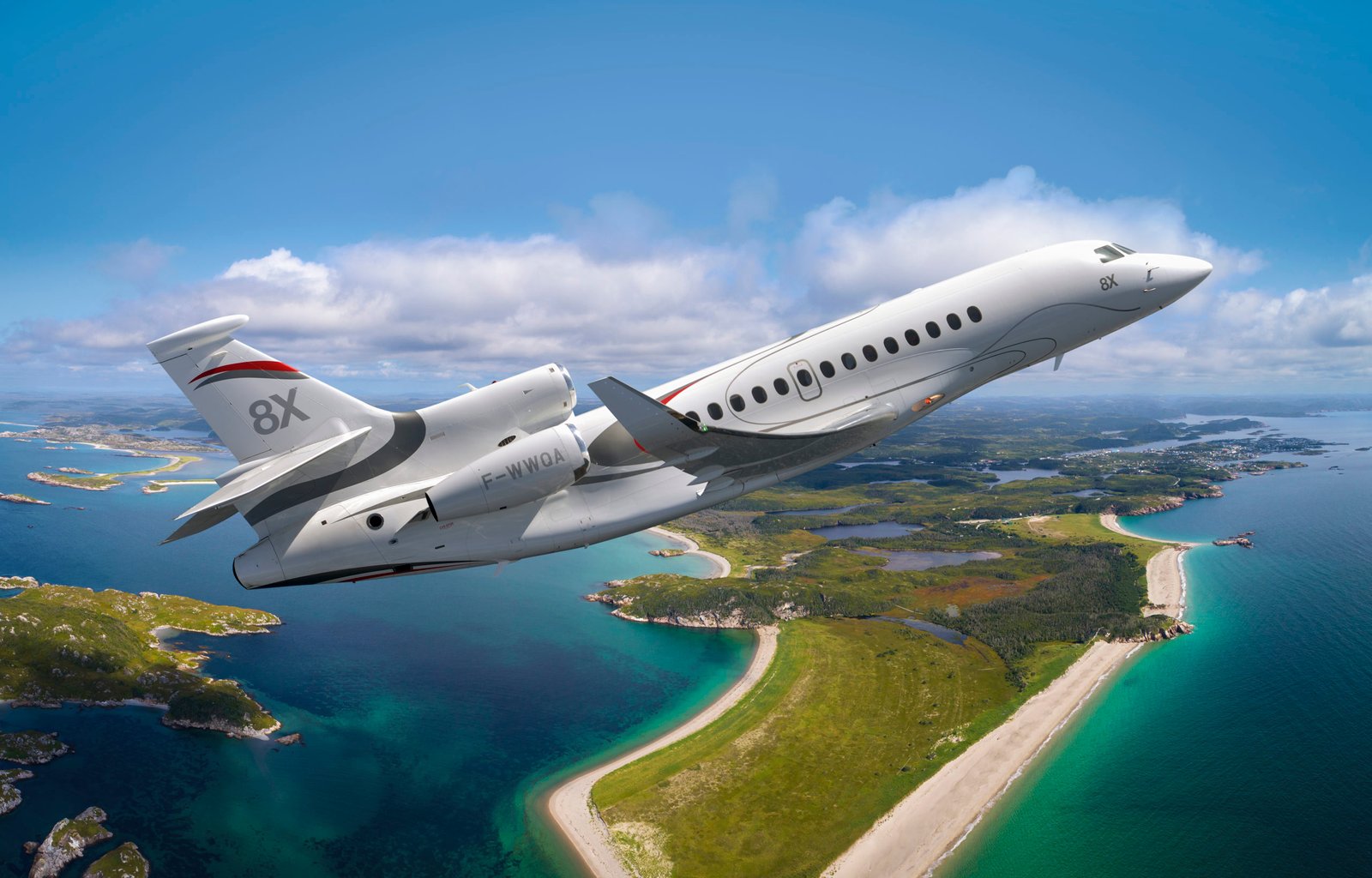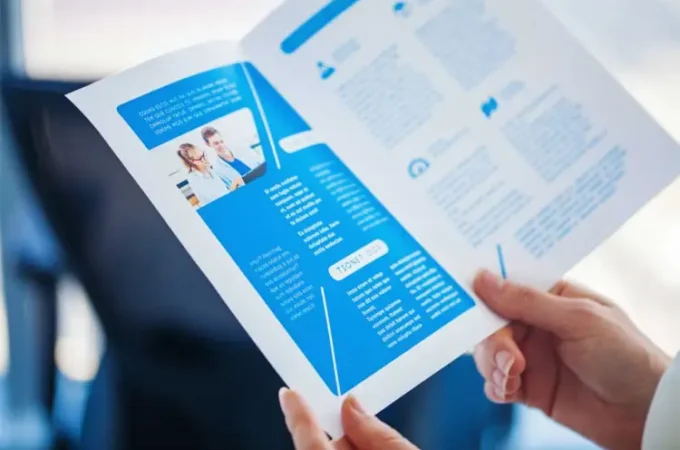
Innovation in Aviation: More Sustainable Private Jets
Private jet companies play a pivotal role in the race to the zero-net carbon emissions goal, with initiatives in innovation that make sustainability a key focus and can change the narrative of private aviation.
Our current climate crisis is one of the main concerns for many economies worldwide, with increasingly alarming statistics and noticeable consequences. And it is no secret that the aviation industry is one of the major contributors of greenhouse gas emissions, accounting for around 2,5% of global CO2 emissions, only surpassed by road transport emissions.
In addition to this, the cases of abusive practices carried out by celebrities, politicians and affluent figures covered in the media in the last few months, are consolidating the narrative that private jets are a polluting alternative detrimental to the environment.
At Aero Affaires, we believe that those of us in the aviation business have the opportunity and the imperative responsibility to take strides to reduce our environmental impact and contribute to steer the industry toward a more sustainable future.

However, is it possible to minimize the impact on the environment, at a time when the sector is also experiencing a significant rise in popularity? Let’s explore some of the recent advances in aircraft innovation and technology that are promising cleaner travels and a more sustainable future for the private aviation sector.
Innovation and technology that help curb private jets emissions
Global aviation is expanding at a fast rate, and its carbon emissions are projected to triple by 2050, which is why engineers and scientists are working hand in hand to provide green solutions that can reduce the carbon footprint of aircrafts such as commercial planes and private jets. Here are 5 approaches that hold a lot of potential:
Sustainable fuels and the use of more fuel-efficient private aircrafts
Although it is still a bit costlier than conventional jet fuel, SAF (Sustainable Aviation Fuel) is a great alternative because it would reduce up to 80% of today’s carbon emissions. Made from used cooking oil, vegetable matter and animal waste from feedstocks, biofuels pack a lot of energy for its weight.
Likewise, despite being at a very early stage, hydrogen-powered planes are gaining serious traction as a possibility for private aviation. This technology’s only waste is water and oxygen, and with hydrogen-powered fuel cells that provide electric propulsion, we would have silent jet engines that have zero-net emissions.
Gaining fuel efficiency with lighter materials and new shapes
Researchers are currently testing lighter materials such as carbon fiber and shapes like thinner wings, a smaller vertical tail and a wider or double fuselage, that have proven to improve fuel efficiency by cutting down on drag. According to NASA’s engineer Mike Alexander, succeeding in designing thinner and lighter aircraft components would reduce emissions by decreasing fuel consumption.
Similarly, another solution that would reduce aircrafts weight is 3D printing of parts such as brackets, hinges and buckles. According to a study conducted by the Northwestern University of Engineering, this could make non-vital plane parts lighter, which would consequently cut fuel use up to 6,4%.
Electric and hybrid aircrafts, pointing the way forward for greener air travel
All-electric aircrafts represent an exciting new horizon for private aviation, and researchers are currently working on lighter batteries for electric planes. In this sense, Alice, the prototype of an Israeli start-up, represents a milestone for zero-carbon aviation.
And similar to hybrid electric cars, hybrid aircrafts combine two sources of power, both fuel and an electric battery of hydrogen fuel cell. This solution can reduce the fuel burn of private and commercial aircrafts and diminish the environmental impact. Both alternatives have great potential for reaching the EU’s target of net-zero greenhouse gas emissions by 2050.

Route optimization: why investing in route-planning software and AI can cut fuel burn
Predictive route algorithms can minimize fuel consumption, by optimizing routes, altitude and speed, resulting in a fuel consumption reduction by up to 8% per flight. Artificial Intelligence is a great tool that can accurately predict the amount of fuel needed for every flight, which would increase energy efficiency.




